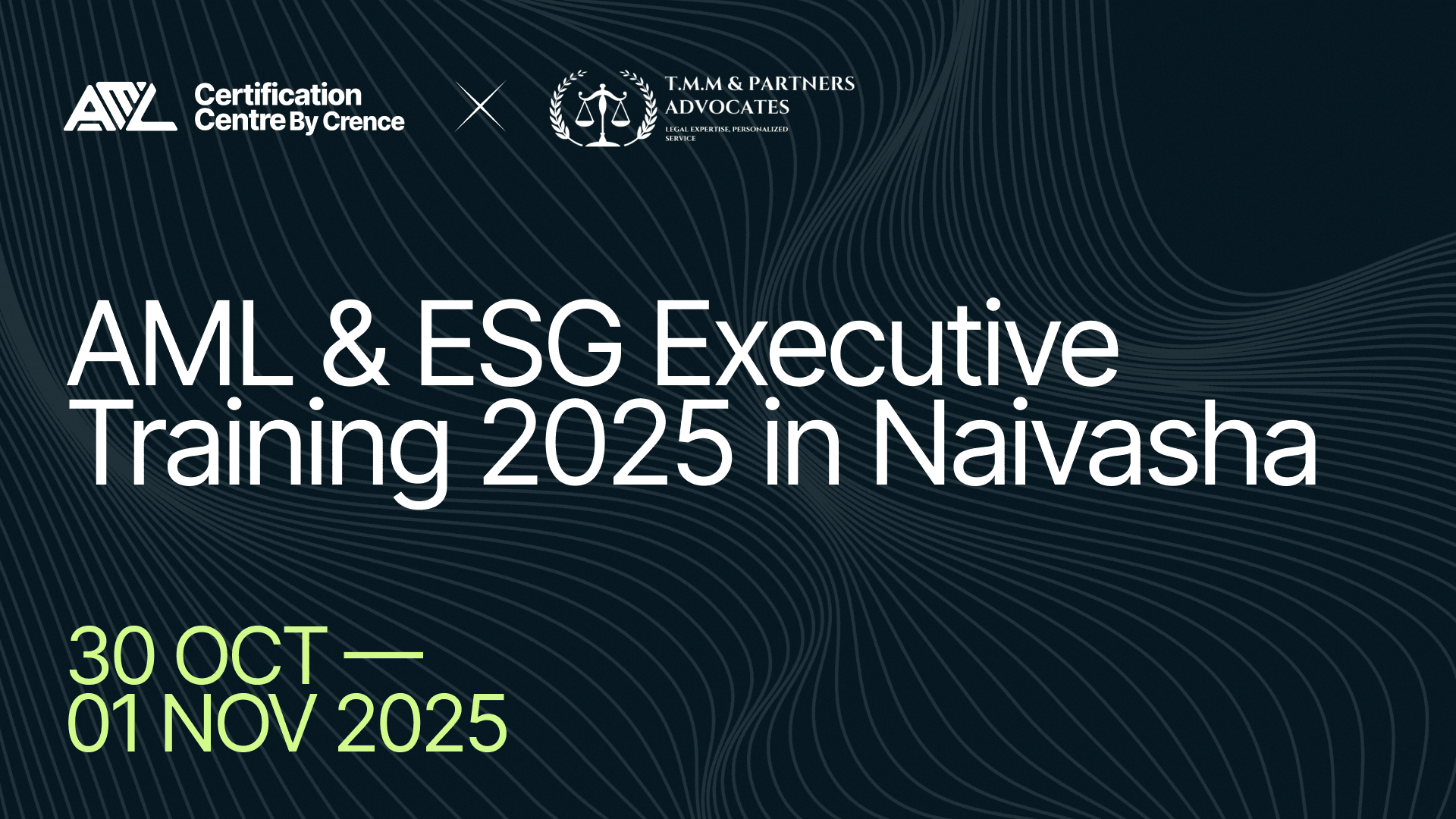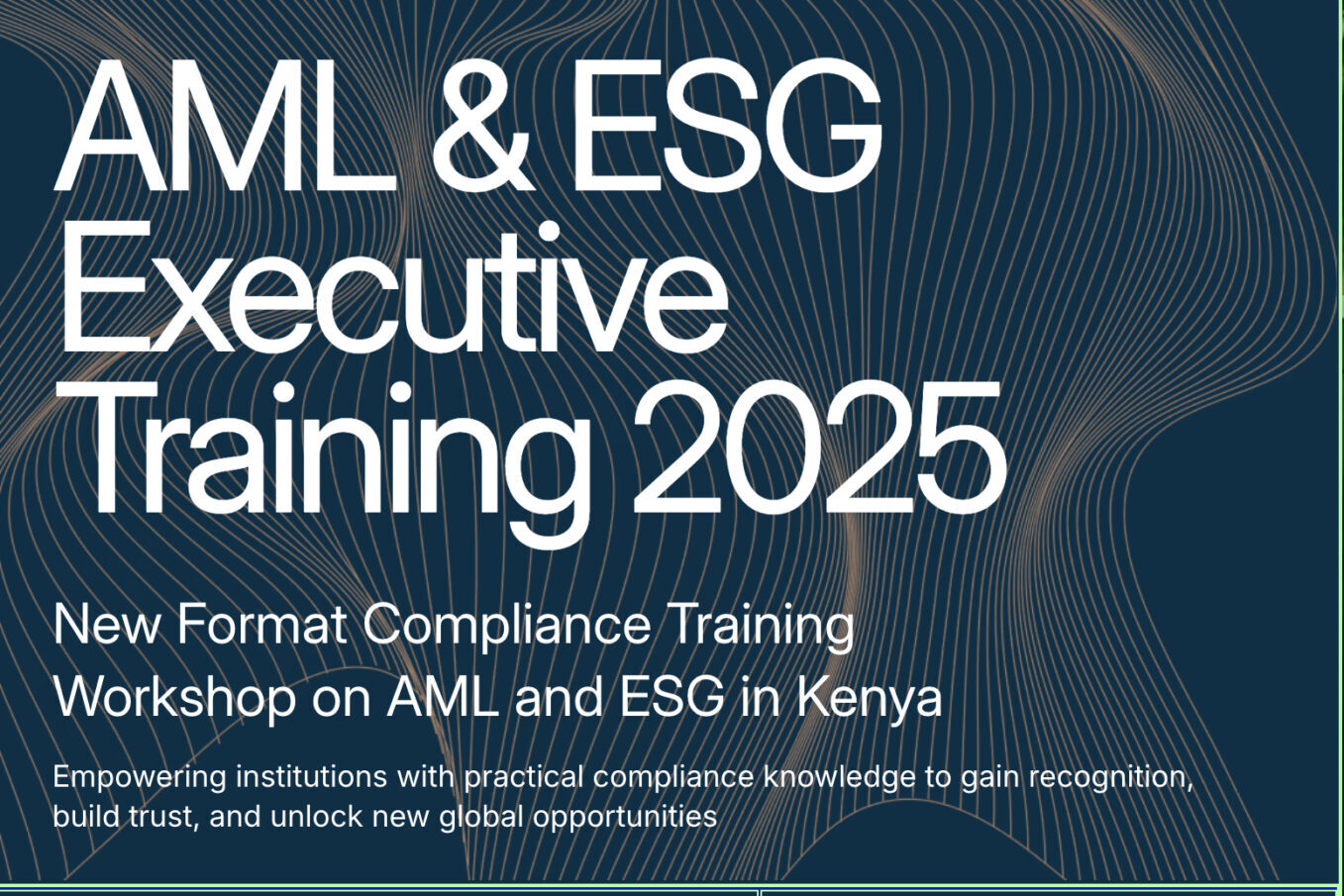The world economic system is under pressure from adventurers, fraudsters who scam the financial markets. And the international security system is suffering from terrorist attacks around the world.
To combat the growing financial crime and terrorist threat, the Financial Action Task Force (FATF) is actively building and implementing controls. Among them are instruments of particular importance – black and grey lists of states. They are becoming an integral part of the strategy aimed at maintaining stability and security in the international financial system.
Established in July 1989 at the G7 summit, the Financial Action Task Force (FATF) organisation:
- endeavours to ensure effective control over the money laundering of criminal, illicit funds;
- combats the money laundering and terrorism financing through a sophisticated decision-making system;
- uses a core arsenal of 40 recommendations, which are subject to periodic revisions to ensure their relevance (on average, they are revised at least every five years);
- not only formulates standards, but also continuously improves its methods in line with the dynamics of today’s illicit challenges.
The main collegial body of the FATF is the Plenary Meeting, which convenes three times during the year. It is the international forum where key decisions are taken to strengthen global financial security.
Currently, 37 countries participate in the group. At the same time, the FATF has two international entities and 25 organisations and one state, Indonesia, as observers. This diversity of participants provides a structure for effective interaction and exchange of experience, contributing to the maintenance of global stability in high-risk jurisdictions subject to FATF’s scrutiny.
For professionals working in Anti-Money Laundering (AML) compliance, understanding the nuances of FATF regulations and the importance of black and grey lists is vital. Sharpen your skills and stay ahead in the field by enrolling in the AML Foundations Course or becoming a Certified Anti-Money Laundering Senior Specialist to master the complexities of global financial security.
What is the FATF Blacklist?
The FATF Blacklist is a mechanism that accumulates and periodically updates a list of high-risk jurisdictions that do not meet the organisation’s standards in preventing money laundering and terrorist financing. The inclusion of a state in this list indicates serious deficiencies in its legislation and practices related to combating economic crime. Being blacklisted by FATF requires additional attention and corrective measures in the area of investment security.
The FATF regularly assesses the level of compliance with its standards and, if necessary, makes a decision to blacklist a country. This decision is based on a thorough analysis of the country’s legislation, counter-money laundering measures and control mechanisms.
A blacklisted country faces serious consequences, as it can:
- affect its reputation, as well as cause other states and international organisations to tighten targeted financial sanctions and other financial measures against it.
- give it the status of a rogue state under special scrutiny by the international community and subject to additional control measures due to systemic weaknesses in anti-money laundering and countering the financing of terrorism.
- indicate deficiencies in its legislation, which reduces its international status and calls into question the confidence of the world community.
Thus, the FATF blacklist is not only a tool of control and pressure, but also a means of maintaining high standards in the global fight against money crimes.
As of October 2023, the following high-risk jurisdictions subject – FATF blacklist countries are highlighted:
- DPRK;
- Iran;
- Myanmar.
For these countries, the FATF strongly recommends the use of enhanced checks to prevent the risks of money laundering, support for terrorism financing and proliferation of weapons of mass destruction. In cases of particular seriousness, a blacklisted country may be subject to countermeasures to protect the global financial system from these threats.

What are FATF grey lists?
The list of states that occupy a transitional position between financial soundness standards and potential risks highlights grey list countries. These jurisdictions are in an area of some uncertainty where the degree of transparency in financial transactions may require close attention. The FATF attaches particular importance to these countries, viewing them as a focus of increased attention in the context of preventing economic crime and terrorism financing.
There are currently 23 countries on the grey zone list, located on different continents. Among them are the Philippines, South Africa, Syria, Nigeria, Bulgaria and other country jurisdictions. Bulgaria was put on the list in 2023 due to suspected money laundering and strategic deficiencies in its financial system. These issues have impacted the country’s business environment and the transparency of its governance system. Inclusion on the list reduces the volume of investment that flows into Bulgaria, as financial institutions apply enhanced due diligence to mitigate risks.
Panama and the Cayman Islands have been removed from the grey list. However, delisting does not imply that a country is no longer considered high-risk. In practice, financial institutions still view these countries as high-risk and continue to monitor them. Thus, the grey list has a long-term effect on enhanced due diligence measures for affected jurisdictions.
The significance of the FATF black and grey lists
Being blacklisted or greylisted is not a final judgement on a state. Rather, it is a challenge that highlights existing shortcomings and motivates action. It is like a beacon light, indicating the need for internal reforms and operational adjustments in the control system. A country’s response to this challenge can be a key factor in its process of returning to standards of financial transparency and soundness.
The importance of FATF, an intergovernmental organization, lies in setting global standards for investment security and promoting harmonised approaches to preventing the use of banking and payment systems for criminal proceeds, terrorist financing, and proliferation financing.
The FATF continues to effectively coordinate the efforts of member countries to combat money laundering and address the global threats posed by economic crime. The grey/blacklisting serves as a tool to encourage change and elevate security standards across high-risk countries and jurisdictions.
From a practical point of view, AML staff try to control customer bases and protect others from cooperating with grey and blacklisted countries. This helps to protect the financial systems, avoid reputational damage and financial losses.
AML employees regularly need to conduct identity verification, enhanced due diligence and regular customer verification. If suspicious transactions and accounts are identified, they need to report them to the authorities.
All these efforts are aimed at ensuring the stability of the global financial systems and promoting international co-operation in preventing crime in this area. To conclude this review, it should be noted that the FATF calls for a unified approach to fostering a safe and transparent environment for all economic actors.
AML professionals must stay informed about these lists, regularly conduct enhanced due diligence, and ensure compliance. Strengthen your expertise and readiness to handle these challenges by obtaining certifications like the Certified Anti-Money Laundering Senior Specialist or joining the AML Foundations Course.









